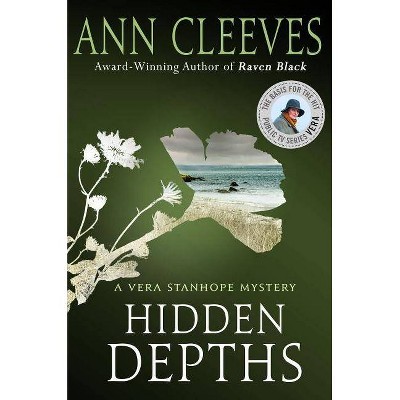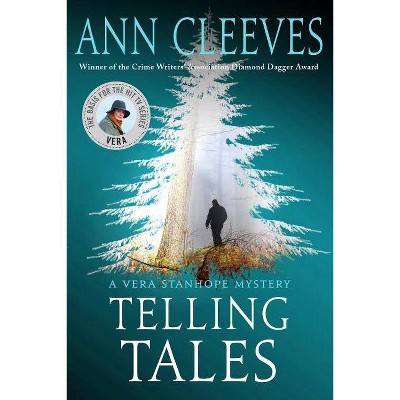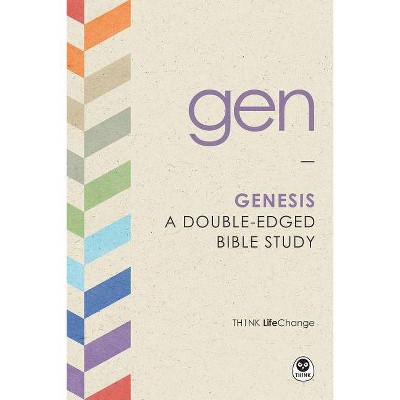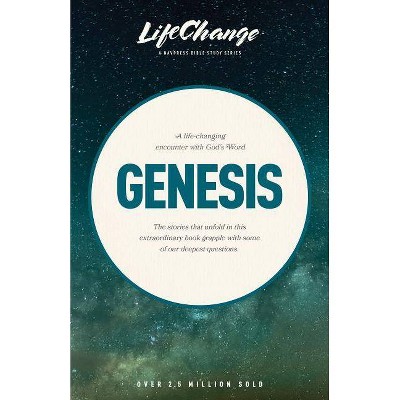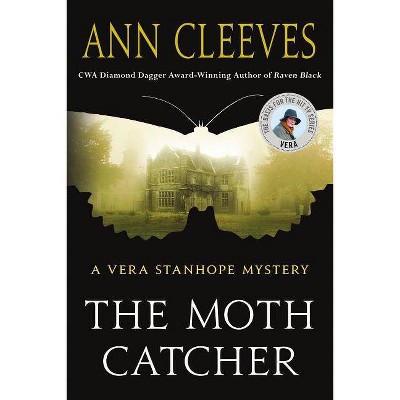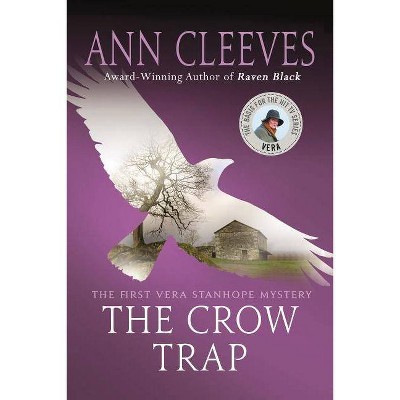(Mis)interpreting Genesis - by Ben Stanhope (Paperback)
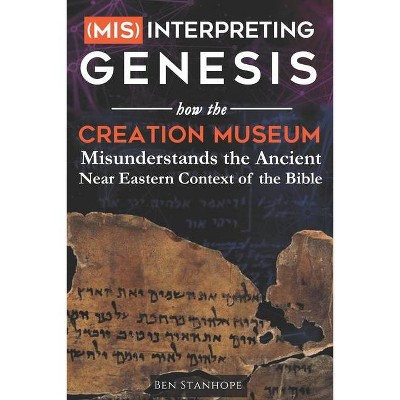
Similar Products
Products of same category from the store
AllProduct info
<p/><br></br><p><b> Book Synopsis </b></p></br></br><p><b>Contents by chapter: </b></p><ol> <li>What was Leviathan?</li> <li>Was Behemoth a Dinosaur?</li> <li>King James' Unicorns</li> <li>Making Sense of Isaiah's Flying Serpents</li> <li>Does Genesis 1:1 Describe the Absolute Beginning?</li> <li>Ancient Hebrew Heavenly Cosmology</li> <li>The Ancient Hebrew Conception of the Earth</li> <li>Eden: The Cosmic Mountain of God</li> <li>The Meaning of the Seven Days of Creation</li> <li>The Numerological Lifespans of the Patriarchs</li> <li>Animal Death Before the Fall</li> <li>Why the Holy Spirit isn't Your Bible Commentary</li> <li>How Popular Views of Inspiration Protect Readers from Their Bible</li></ol><ul> <li>False Artifacts, Hoaxes, and Misinterpretations: Young-Earth Creationism's Use of Dragon Legends</li> <li>Misuse of Flood Legends</li> <li>Cosmology and Traditional World Cultures</li></ul><p></p><p><b>Praise for (Mis)interpreting Genesis: </b></p><p>"Stanhope's scholarly, multi-pronged critique...helped me to see the biblical narrative as holding far deeper, more significant meaning than what these Christian materialists seem bent on forcing the text to say. The text itself, in its ancient context, is far more interesting than what these eisegetes want to make it say."</p><p>- <b>John Holzmann</b>, Co-Founder, Sonlight Curriculum Ltd.; Manager, Holzmann Family Enterprises LLC</p><p>"Stanhope has dedicated many years to combatting the misinformation circulated by young-earth creationists in print and online. In this book, we see the fruit of his labors and a clear demonstration of his love for the Bible and dedication to understanding it in its historical and cultural context. The result is a monumental work.... The book offers a positive and remarkably thorough survey of the relevant biblical texts (both the ones young-earth creationists twist and the ones they conveniently ignore) as well as of relevant archaeological data.... In short, the book offers a compelling case for how to interpret the biblical material about creation that is more honest and more genuinely biblical in character than what one finds in the homeschooling and other literature promoted by the Creation Museum and other organizations like it. All those concerned not only about the state of science education in the United States, but also the decline in biblical literacy, owe Stanhope a debt of gratitude."</p><p>- <b>James F. McGrath</b>, Clarence L. Goodwin Chair in New Testament Language and Literature, Butler University. Author of <i>The Only True God: Monotheism in Early Judaism and Christianity</i></p><p>"Stanhope relies on the most up-to-date scholarship to explain many concepts in the biblical texts that have been misunderstood by many people in today's world. This book is necessary for anyone to dive deeper into the biblical texts. I cannot recommend it enough."</p><p>- <b>Michael Jones</b>, Founder and Director of the Inspiring Philosophy Christian research video library</p><p></p><p><b>Ben Stanhope</b> has served as a Garrett Fellow in the Department of Literature and Culture of Boyce College, holds a certificate in Worldview from Biola University, a B.A. from the Southern Baptist Theological Seminary, and an M.A. in <i>Manuskriptkulturen</i> from the Centre for the Study of Manuscript Cultures at the German University of Hamburg, where he was educated in archaeometric techniques under Dead Sea Scroll scientists. His research thesis <i>First Temple Hebrew Seals and Bullae Identifying Biblical Persons</i> synthesizes archaeological and museum catalog data to present novel discoveries in the interpretation of Egyptian icons on biblical period papyrus seals. He has authored a work on first century Roman philosophy entitled, <i>The Golden Sayings of Epictetus: In Contemporary English</i>.</p>
Price History
Price Archive shows prices from various stores, lets you see history and find the cheapest. There is no actual sale on the website. For all support, inquiry and suggestion messages communication@pricearchive.us

